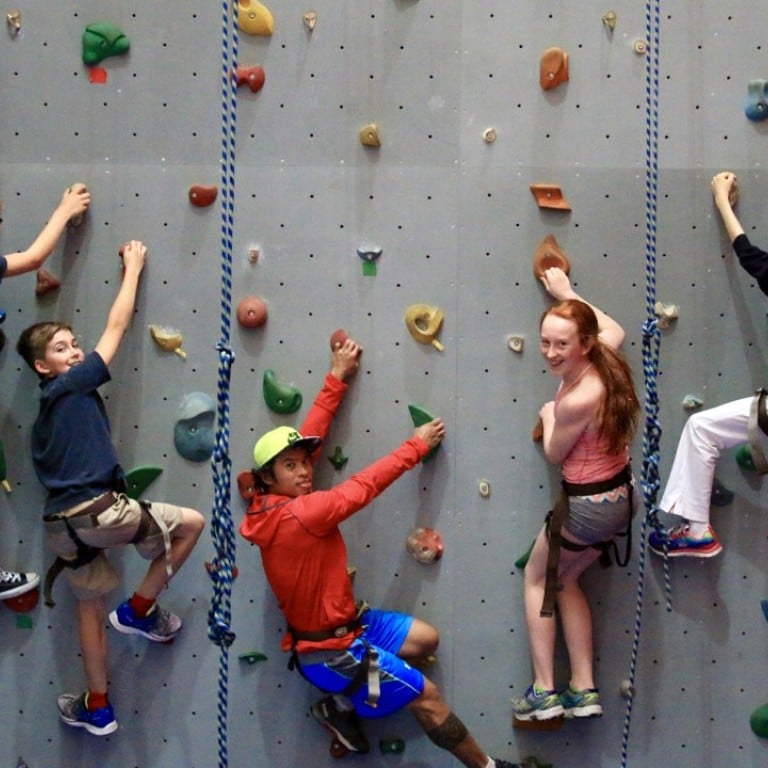
How did this American school become one of the happiest in Dubai?
This is a school where you can be different but also be accepted, superintendent Paul Richards says
It’s another scorching day in Dubai. At the American School of Dubai, a few students are frolicking around the campus in oversized T-shirts and capri pants.
It is Pyjamas Day at the 52-year-old school shortlisted for having the happiest parents in Dubai.
The school made it to school finder site WhichSchoolAdvisor.com’s list of Dubai schools with the happiest parents in 2017. The organisation cross referenced its parent satisfaction survey results with the Knowledge and Human Development Authority inspection report – and shortlisted seven schools in the city and emirate.
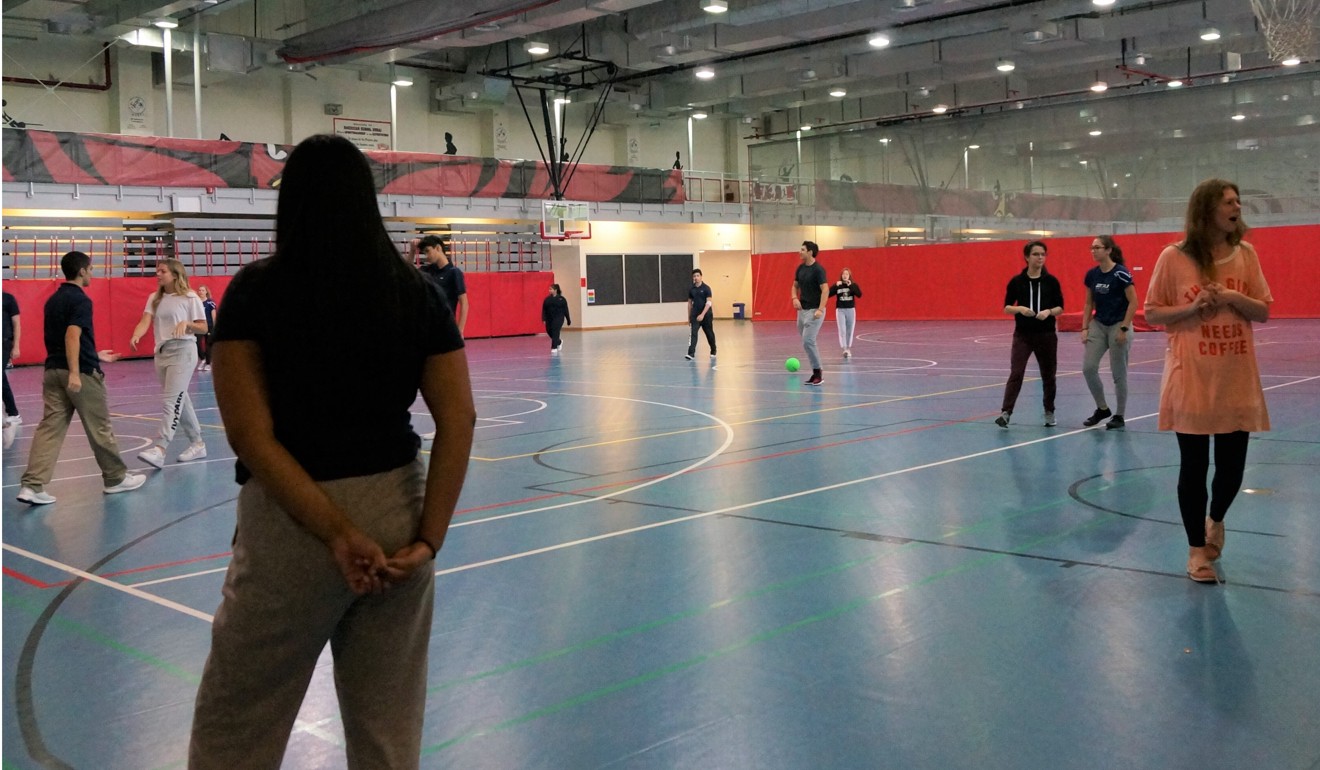
Superintendent Dr Paul Richards believes efforts to engender cultural confidence played a huge part in the school being voted among Dubai’s happiest schools. Students learn to go beyond the colour of their skin and accept that they all look different.
“This is a school where you can be different but also be accepted,” he says. “Culture is something we celebrate [as a school], and a big part of it is language.” Arabic is a compulsory language in class, and a new initiative will soon be announced to help non-Arabic speakers master the language, he says.
Students can go deeper in learning Arabic based on “personal interest”.
With the prospect of housing 2,300 students in another four years, the American school, for a long time, ran its operations with 800 students until it moved to a new campus eight years ago.
With a student body 60 per cent American, 15 per cent Canadian and the rest from all over the world, the through-train school is, as Richards confesses, in “a bit of a bubble of its own American-ness”.
“We want to break that down,” he says, adding that the philosophy stems from his own parenting experiences.
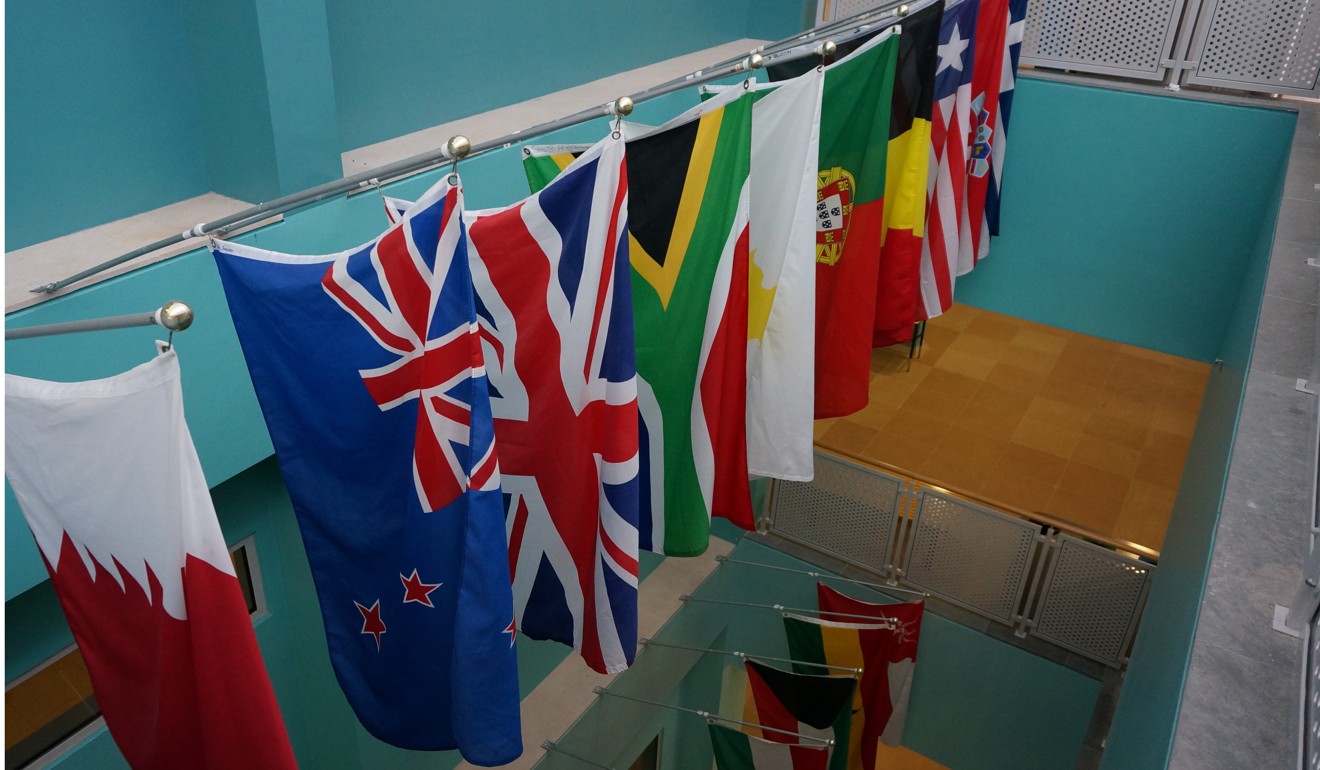
The father of a 16-year-old girl and a 14-year-old boy left his hometown in the United States with his wife for London nine years ago to raise their two children overseas. They were on the move again soon when London didn’t feel like it was overseas. “I want to get my children out of the ‘American bubble’, of the way Americans view the world. I want them to develop a cultural confidence and global perspective. They’ll have a very different view of the world if they’ve met kids from other countries [in person] instead of just watching them on TV.”
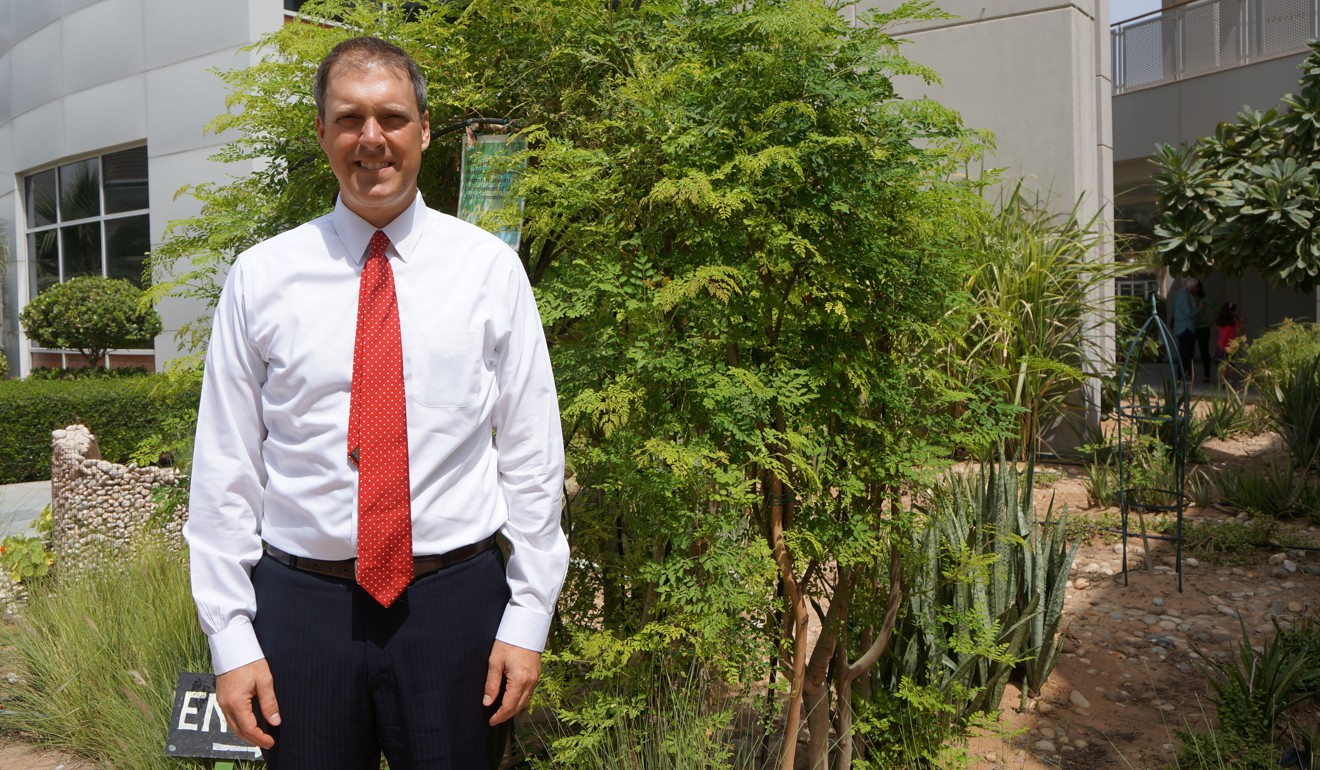
When asked what it means to be the superintendent of an American school in an Arabian country, the Boston-raised school head paused for a moment to formulate his thoughts. This is his first year in Dubai, and the fifth in the Middle East. He was head of a school in Saudi Arabia for the past four years.
“The Arab culture is fascinating. We’re very proud to be a blend between the East and the West. With Dubai right there in the middle we feel like we have our foot in both doors and to me personally it’s really exciting.”
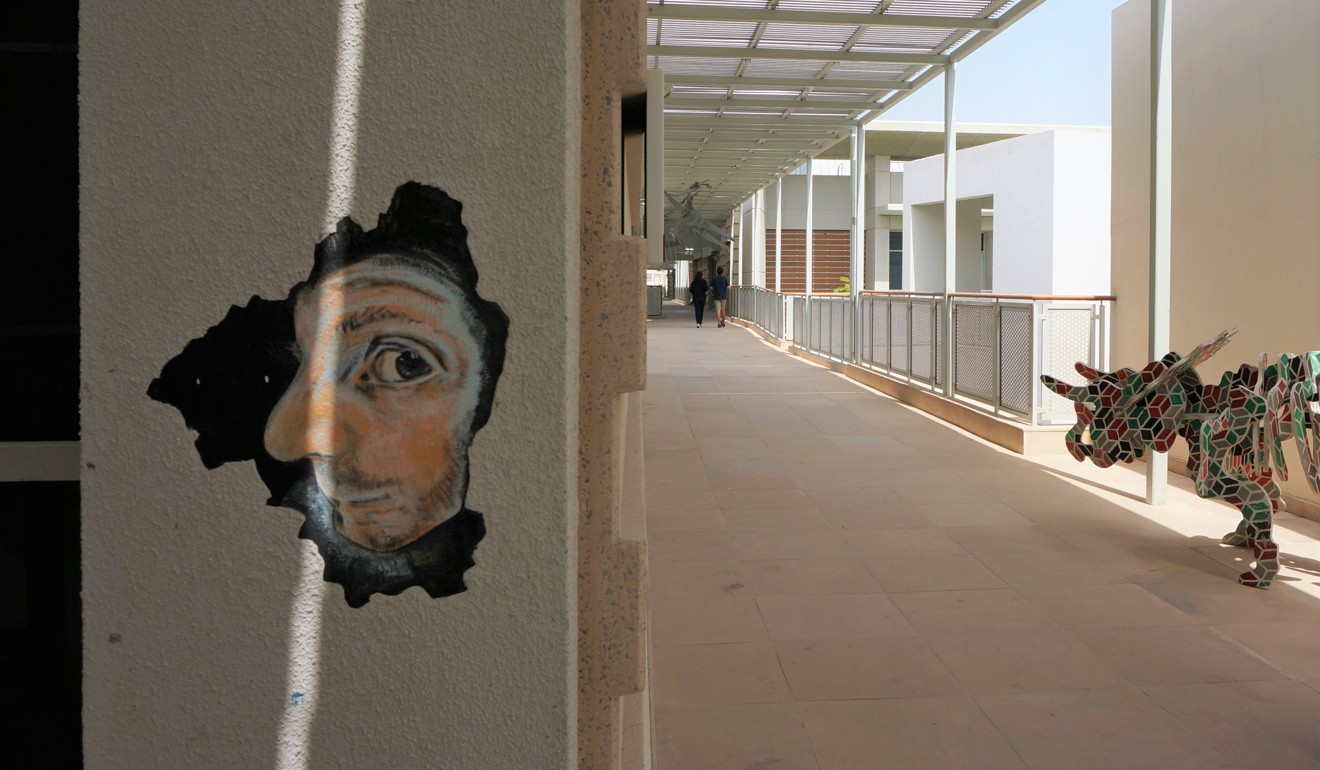
Scanning the view outside the window, Richards recalled what the city looked like 10 years ago. “This was all sand. Everything is so new. Dubai is this shiny facade, and when you look from the other side, there’s nothing there. It’s like living in a bit of a reality show where you see all these Lamborghinis on the streets.”
It’s like living in a bit of a reality show where you see all these Lamborghinis on the streets
This also makes Dubai a laboratory for innovation and new ideas. “The thing about Dubai is that it is so new it is capable of creation,” he says. “When you go to places like Hong Kong, the layers of bureaucracy it would take to get a light bulb move from one place to another is probably gigantic.” Dubai’s ruler Sheikh Mohammed bin Rashid Al Maktoum, he says, embraces diversity and is quick to set things in motion.
While the non-profit school’s charter is to meet the needs of the North American population, Richards is determined to reconnect with the emirati populace.
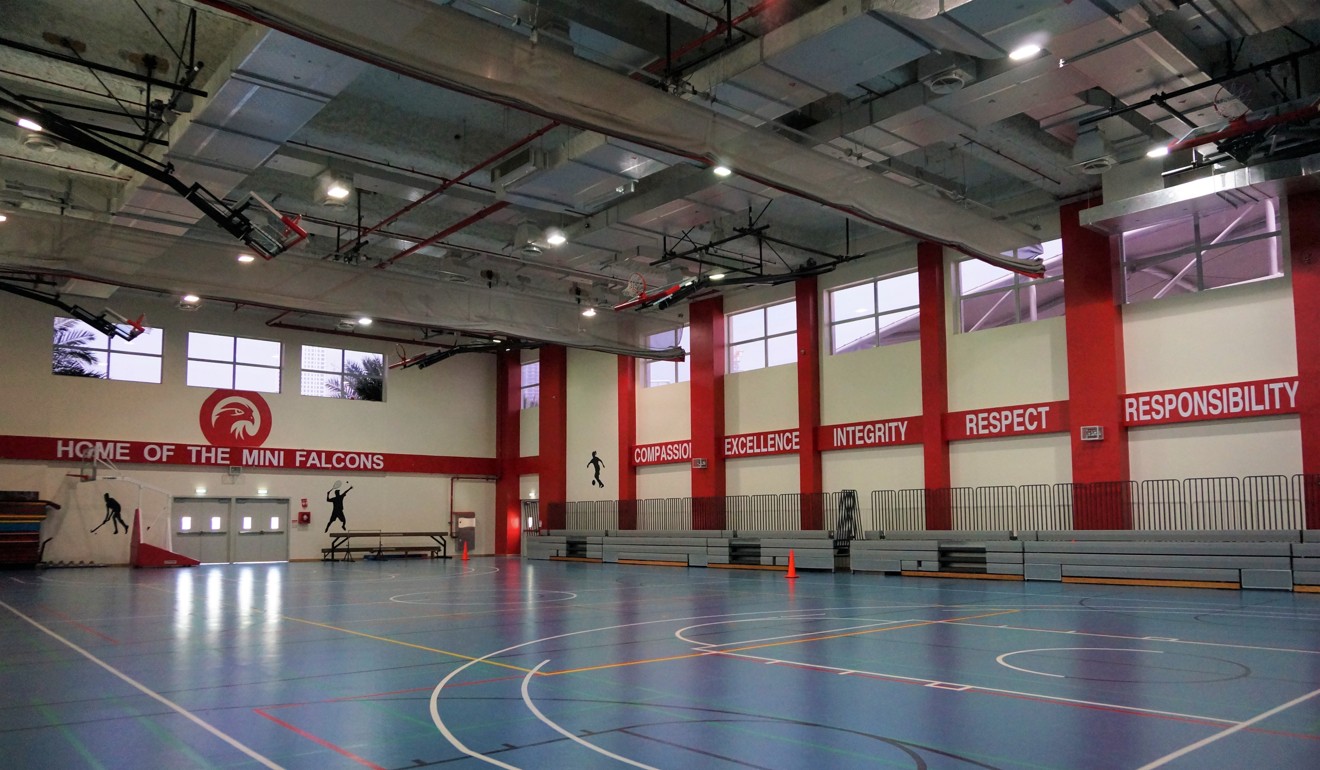
“We’d like to have a stronger commitment not only to the Arabic language instruction, but also to contributing to the Arabic community.” He intimates that the school has ambitions to be involved in more volunteering work, an area that hadn’t previously been explored so much.
With the prevalence of home-schooling and online learning platforms a click away, Richards believes the idea of attending a bricks-and-mortar school is yet to become obsolete.
“Education is still a very social process,” he says. “Some of the skills learned in schools are still very much relevant to 21st century, like understanding different cultures, learning how to work in a group, how to speak in public, and how to solve conflicts among your peers.”
The role of teachers has shifted dramatically in recent decades, as they have lost absolute control of the class content. Thanks to information being accessible online, students now ask for more than just knowledge.
However, the world now faces a shortage of qualified teachers. “Education, for some reason, is not respected as a profession like lawyers, doctors or engineers. Some people have the default mindset of become a teacher when they fail to get into law school.”
It’s difficult to compete financially, when schools can only pay one-third of a doctor’s wage. Richards says, the market for teachers is not as competitive, and it is not a high-status job like in Scandinavian countries.
“The structure of schools – the days, times and subjects – were created back in Victorian times (1837-1901 when Victoria was queen of England) and they almost look exactly the same now,” Richards says. “It’s good that a lot of schools have started rethinking.”

